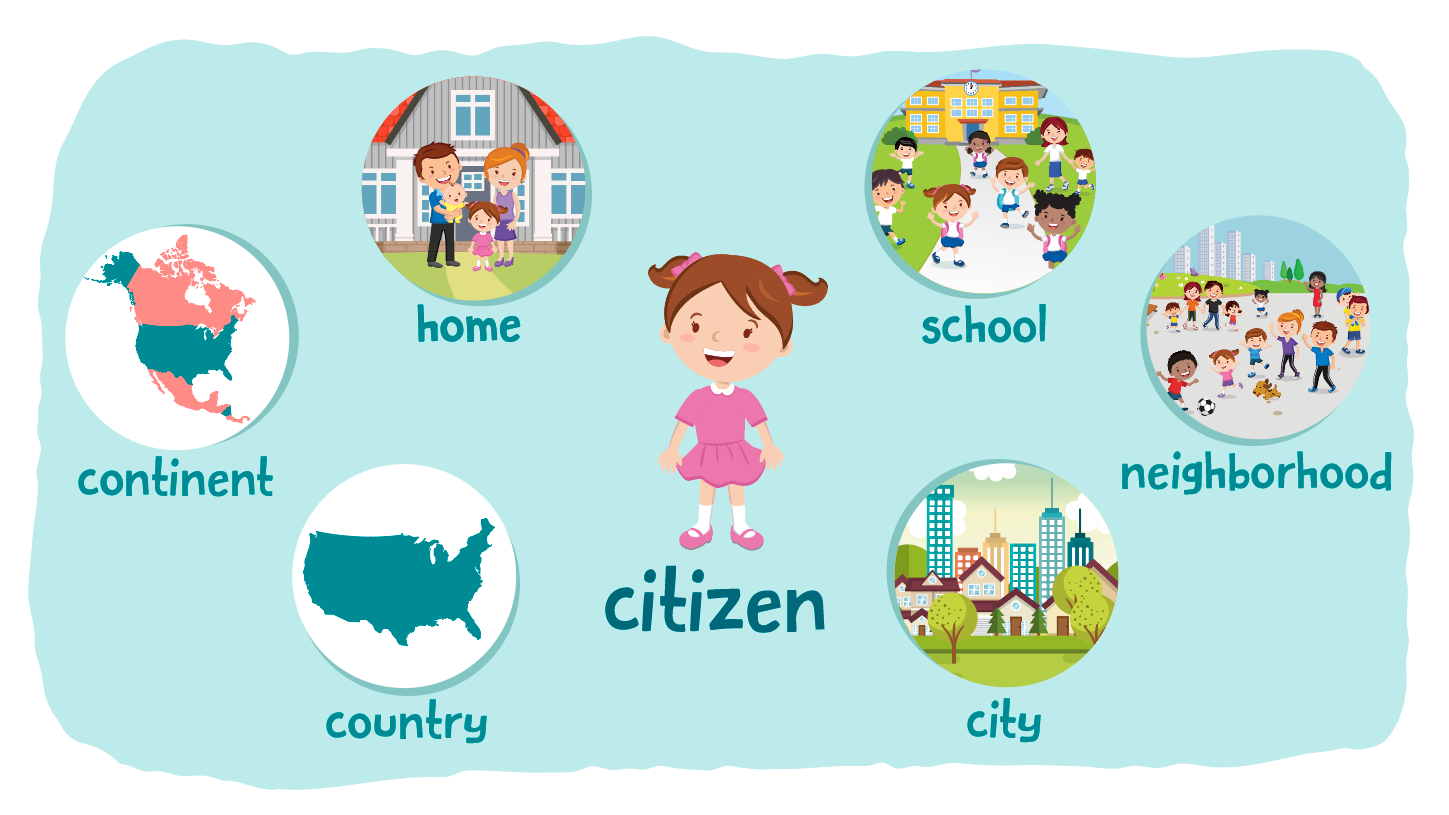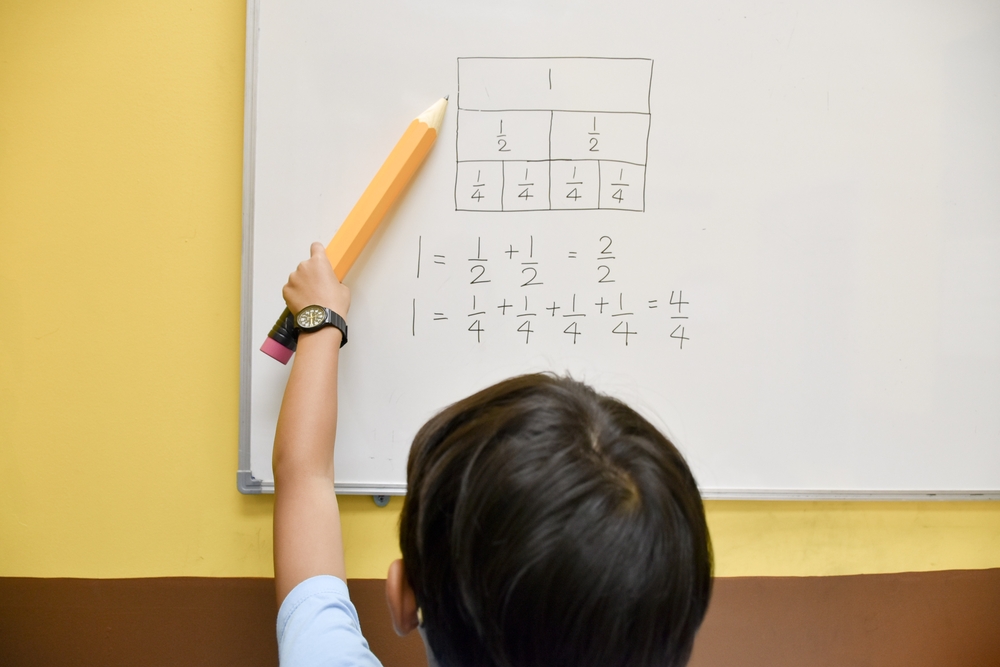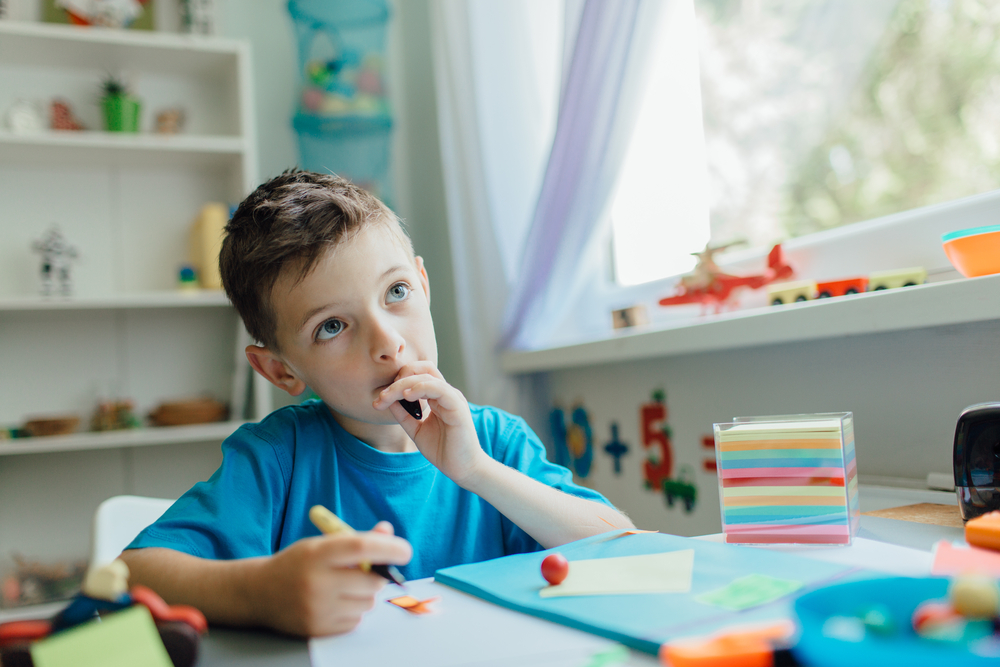Number comparison Kindergarten Worksheets
7 filtered results
-
From - To
Explore our engaging Number Comparison Kindergarten Worksheets designed to help young learners master the fundamental concept of size differentiation. These printable worksheets provide a fun and interactive way for kids to practice comparing numbers through various activities, such as identifying which number is larger or smaller. Aligned with early learning standards, our resources promote critical thinking and number recognition in a colorful, accessible format. Perfect for use in the classroom or at home, these worksheets encourage kids to develop their numeracy skills while fostering confidence in their mathematical abilities. Visit us today to equip your child with essential number comparison skills!
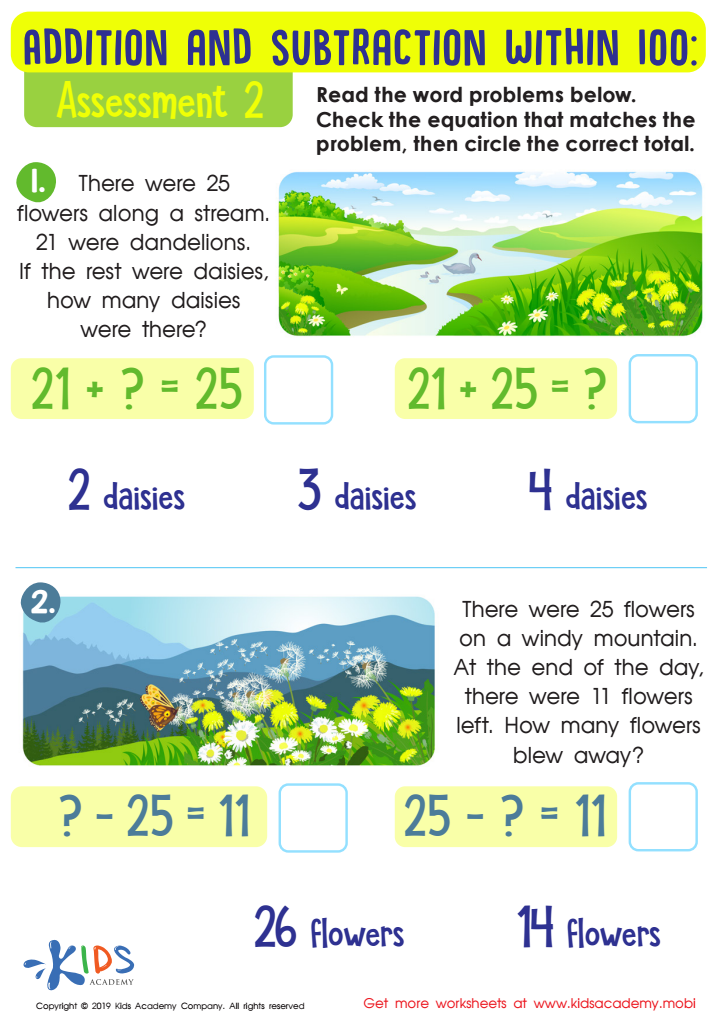

Assessment 2 Math Worksheet
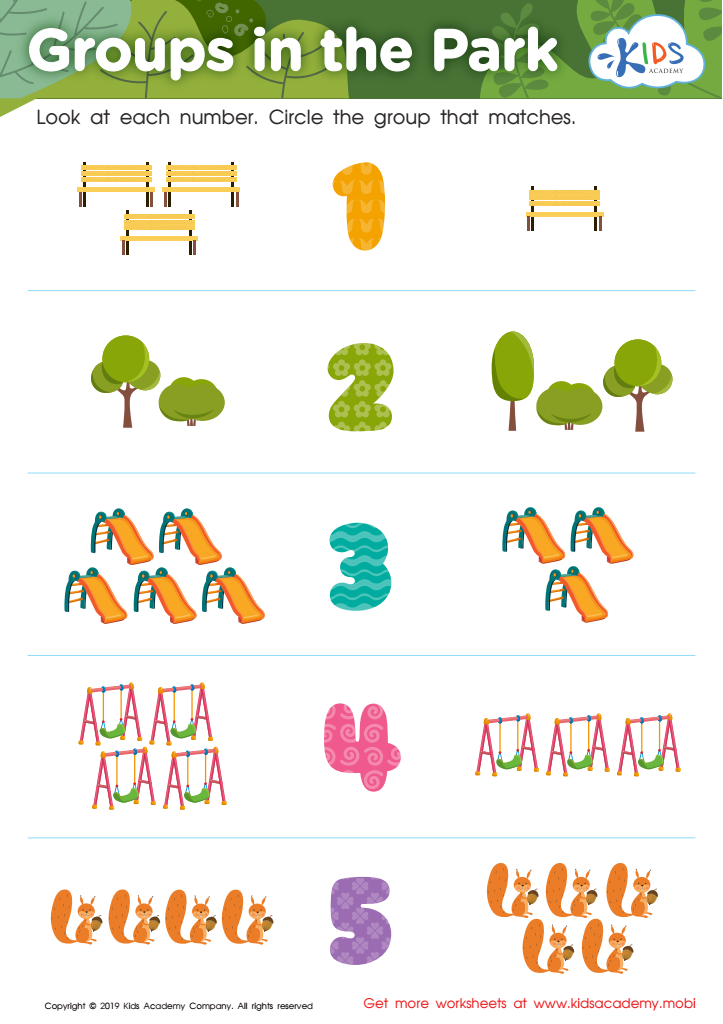

Groups in the Park Worksheet
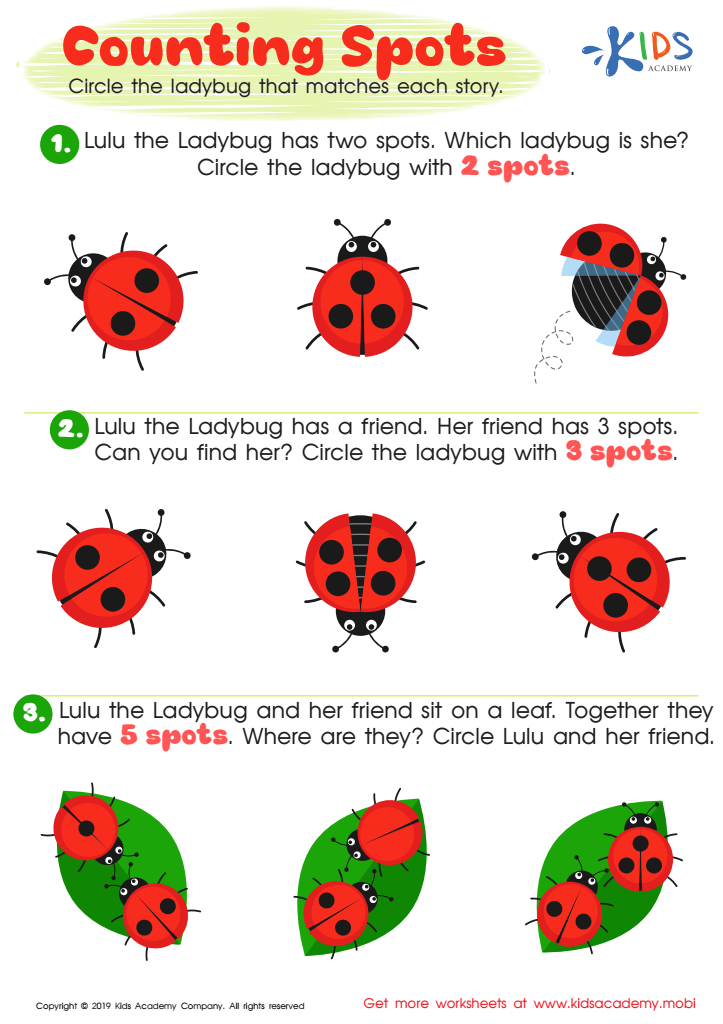

Counting Spots Worksheet
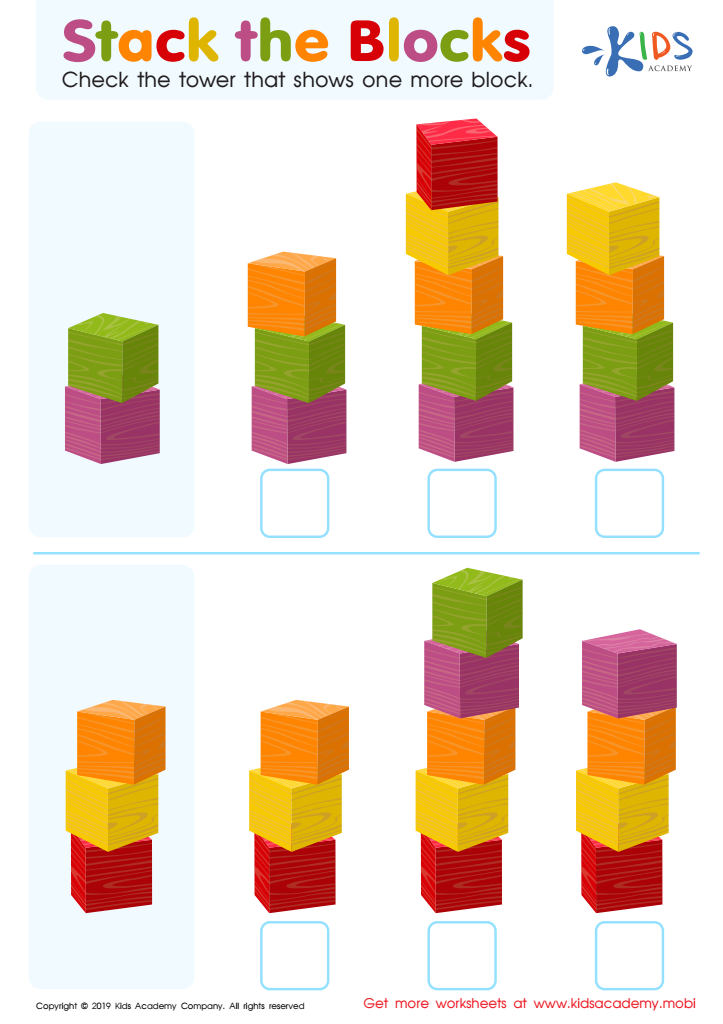

Stack the Blocks Worksheet
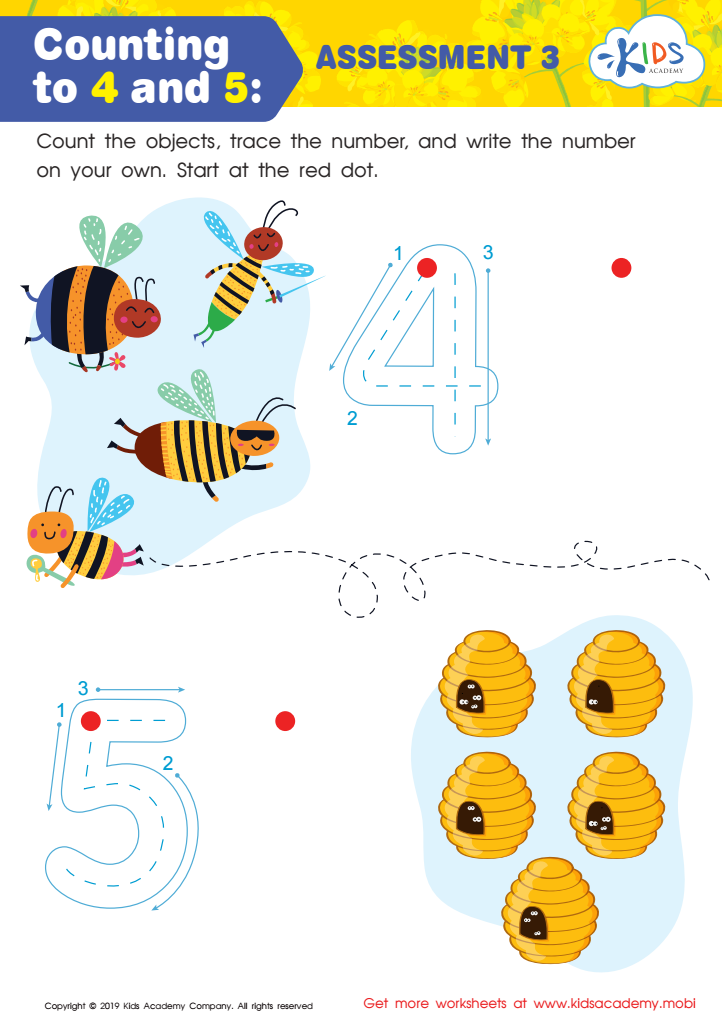

Counting to 4 and 5: Assessment 3 Worksheet
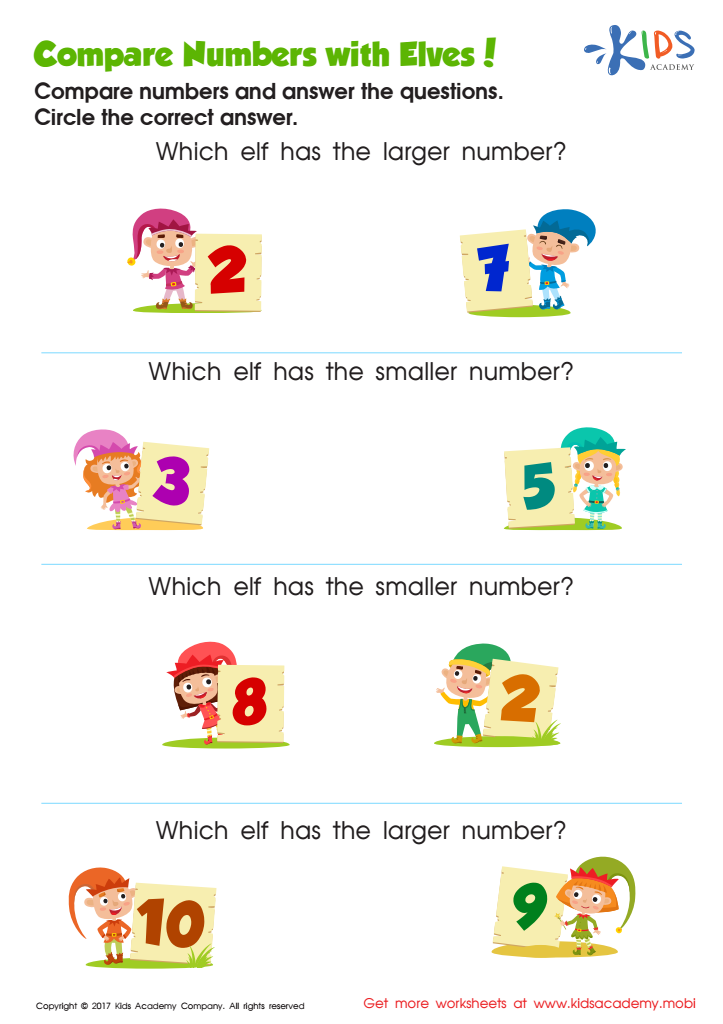

Comparing Numbers Worksheet for Kindergarten
Number comparison in kindergarten is a critical foundation for early math skills, and both parents and teachers should prioritize it for several reasons. Firstly, number comparison helps young learners develop a strong number sense, enabling them to understand quantities and the relationships between different numbers. This skill is essential as it fosters mental math abilities, making it easier for children to perform operations like addition and subtraction as they progress.
Secondly, engaging in number comparison activities promotes critical thinking and problem-solving skills. Children learn to analyze numbers, determining which is greater or lesser, which sets the stage for more complex mathematical concepts in the future. Through playful activities like comparing groups of objects or using number lines, children can gain confidence in their ability to work with numbers.
Moreover, understanding number comparison equips children to navigate their everyday experiences involving quantities, such as sharing snacks or distributing toys, promoting cooperative play and social interaction.
Lastly, early mastery of number comparison can lead to positive attitudes towards math, reducing anxiety and establishing a foundation for lifelong learning. Teachers and parents play a crucial role in nurturing these skills, creating an environment that values and supports mathematical exploration.

 Assign to My Students
Assign to My Students






.jpg)
